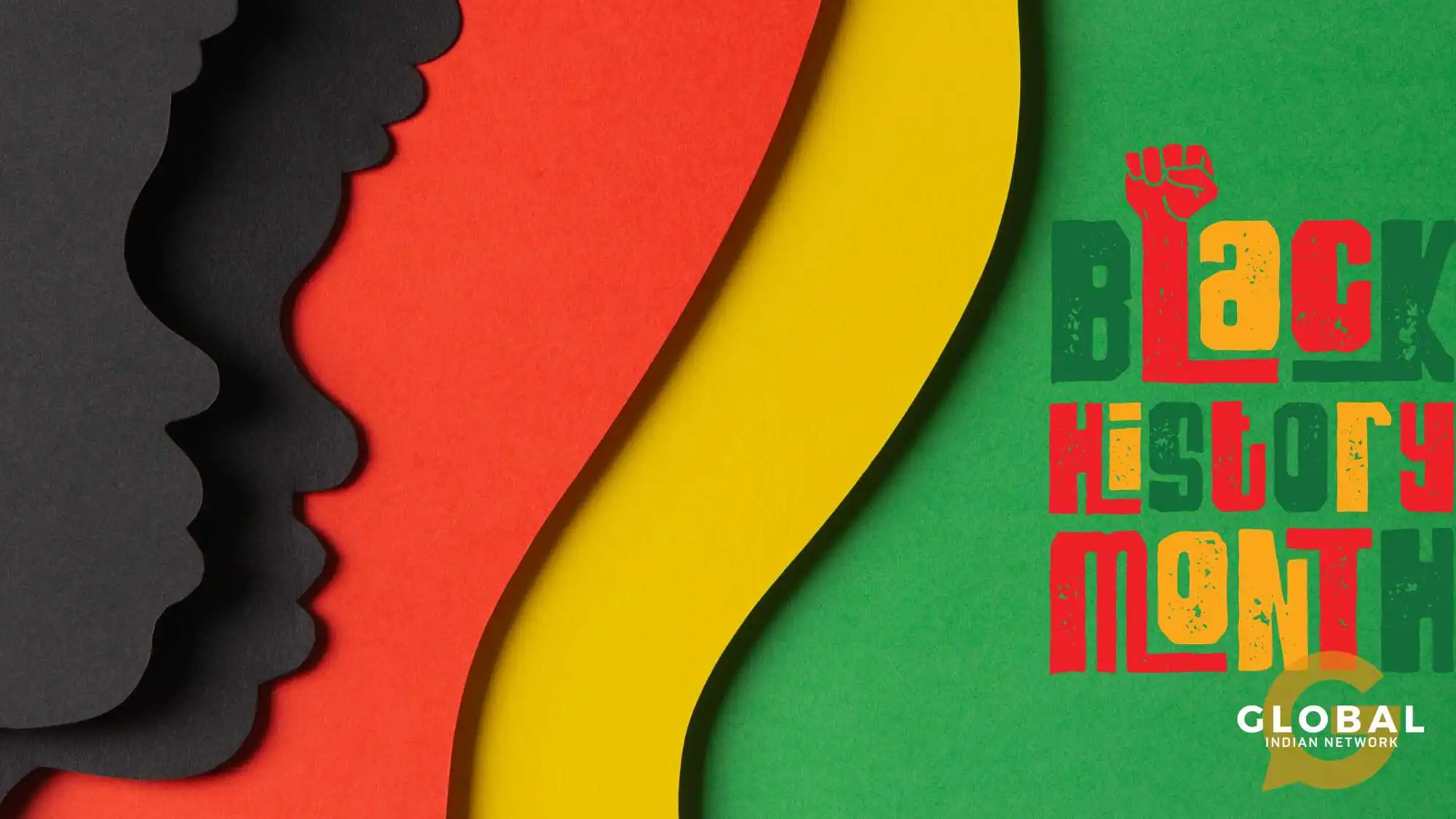Black History Month, celebrated every February in the United States and Canada and in October in the UK, is a time to reflect on the profound contributions of African Americans throughout history. From the struggles of the civil rights movement to the achievements of Black leaders, this month honours their resilience and impact. While the celebration’s roots are deeply tied to American history, its significance has spread globally, inspiring communities worldwide to recognise and appreciate the African American experience and its broader implications on global heritage.
Table of Contents
The Origins of Black History Month: Carter G Woodson’s Vision
The origins of Black History Month can be traced back to Negro History Week, introduced by Carter G. Woodson in 1926. A scholar with an advanced degree from Harvard University, Woodson believed that African American history should be a fundamental part of the broader narrative of American history. He envisioned a society where the achievements and contributions of African Americans would not be overlooked. His goal was to ensure that the history curriculum in American schools included the rich and diverse stories of black people. Woodson’s initiative aimed to rectify the historical exclusion and ensure that Black history was integrated into the public consciousness.
Woodson’s efforts were instrumental in the eventual recognition of Black History Month. His work with the Association for the Study of African American Life and History laid the foundation for what would later evolve into a month-long celebration. By the 1970s, during the late 1960s and the rise of the civil rights movement, Negro History Week expanded into Black History Month, thanks in part to Gerald Ford, who officially recognized it in 1976 during the United States’ bicentennial celebrations.

Global Celebrations of Black History Month
While Black History Month originated in the United States, it has found resonance in other parts of the world, including the UK and Canada. Each country approaches the month with a focus on its unique experiences and histories related to the African diaspora.
In the United States, Black History Month emphasizes the legacy of the civil rights movement and the achievements of African Americans in the fight against racial injustice. It is a time to reflect on the contributions of iconic figures like Barack Obama, the first African American president, and to remember events such as the abolition of slavery and the civil rights movement. It is also a moment to address ongoing challenges, like those brought into global focus after the tragic death of George Floyd, which sparked a renewed emphasis on racial equity and justice in the American community.
In the UK, Black History Month is observed in October and explores the experiences of African people and their descendants within British history. It highlights the stories of Black leaders and community activists who have shaped the nation’s social fabric. This celebration pays homage to the role of Black people in the British abolitionist movement, as well as their contributions to cultural, political, and social life. The UK’s Black History Month also acknowledges the presence of African culture in the broader history of the country, emphasizing the importance of recognizing these influences within the history curriculum.
Canada’s Black History Month takes place in February, much like in the United States. It celebrates the history and contributions of Black Canadians, recognizing the resilience of those who escaped to Canada via the Underground Railroad. The work of Jean Augustine, a member of the Canadian parliament, was crucial in officially recognizing Black History Month in 1995. Her efforts ensured that the stories of African Canadians, including their struggles for access to education and equal rights, were brought into the national conversation.
The Importance of Black History Month in the 21st Century
In the 21st century, Black History Month remains as crucial as ever. The month serves as a reminder of the continuous struggle for equality and justice. It acknowledges the progress made while highlighting the work still needed to create a truly inclusive society. Across the globe, the celebration offers a chance for educational institutions, museums, and cultural centres like the National Museum of African American History and Culture in Washington, D.C., to provide platforms for telling stories that have often been marginalized.
The observance of Black History Month plays a significant role in fostering a deeper understanding of the Black experience. It encourages people from all backgrounds to engage with stories that expand their perspectives, offering a richer understanding of the American abolitionist movement, the fight against the extension of slavery, and the resilience of African Americans. For young people, especially Black students, the celebration offers a sense of identity and pride, connecting them to a lineage of resilience and triumph.

Black History Month Beyond the United States
While the focus of Black History Month is often on the United States, the narratives it champions have a universal resonance. African American history, with its stories of struggle, creativity, and leadership, has influenced movements for social justice globally. For example, the struggles of African Americans during the civil rights movement have inspired movements against racial discrimination and social justice in countries like South Africa, Brazil, and the Caribbean.
In recent years, discussions around Black History Month have emphasized the interconnectedness of struggles against racism and colonialism. The history of African leaders and black abolitionists has often paralleled the efforts of those in the diaspora. This global perspective underscores the idea that while the experiences of African Americans are unique, they are part of a larger story of African people fighting for recognition, equality, and dignity.
Challenges and Opportunities for Black History Month Today
Despite the progress made, Black History Month faces challenges, particularly around its representation in mainstream education and media. Critics argue that the month is often reduced to surface-level celebrations rather than fostering a deeper understanding of the complex histories and contributions of African Americans. To address this, advocates call for a more integrated approach, where Black history is not just confined to February or October but is included year-round in history curricula across the globe.
Educational institutions must ensure that Black History Month goes beyond just a few lessons and becomes a comprehensive exploration of African American History. This requires a commitment to offering students extensive knowledge about Black leaders, the antislavery movement, and the enduring impact of Black community activism. Such efforts can help counter the erasure and marginalization of these histories in the broader narratives of American studies and British history.
ALSO READ: Black Hair, Identity, and the Power of Choice
Conclusion
In conclusion, Black History Month is not just a commemoration of the past but a call to action for a more equitable society. Whether in the United States, the UK, or Canada, the celebration serves as a powerful reminder of the enduring impact of African American history and the global contributions of black people. As society continues to reckon with the legacies of the past, Black History Month provides a crucial moment to honour those who have paved the way and are committed to building a world that truly values diversity and justice.

FAQs
Who Were the People Important to Black History Month?
Carter G. Woodson, known as the “Father of Black History,” was crucial in founding Negro History Week, which later expanded into Black History Month. President Gerald Ford officially recognized Black History Month in the U.S. in 1976, emphasizing its national importance.
Who Were the Heroes of Black History?
Heroes of Black history include figures like Harriet Tubman, who led enslaved people to freedom through the Underground Railroad, and Martin Luther King Jr., who championed civil rights and equality during the 1960s, inspiring global movements for social justice.
Who are the Remarkable People in Black History Month?
Remarkable individuals include Rosa Parks, whose refusal to give up her bus seat symbolized the fight against racial segregation, and Barack Obama, the first African American president, whose leadership marked a significant milestone in American history.









